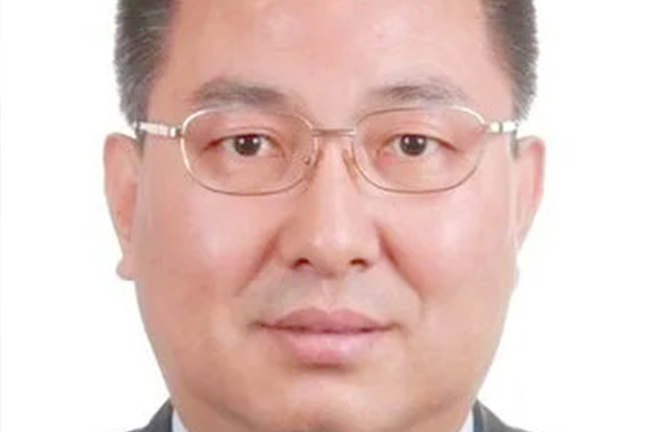The world and China in a time of profound changes

The world today is undergoing profound changes unseen in a century. These changes are powerful, wide-ranging and far-reaching in an unprecedented way in world history. They require us to think and act from the fundamental interests of mankind and long-term development. Civilization is an important driving force for the evolution of these profound changes, and to a large extent determines the status of different countries during such a changing process. Viewing the profound changes unseen in a century from the perspectives of the long history of human civilization, and exploring the future direction of the world and China in time of such changes, are important propositions of the current era.
‘Change as defined’
First, we must understand the term “change.” From the 15th to 17th centuries, The “Age of Discovery” opened a new chapter of human civilization, and global integration has been irreversible since then. This was a change from ancient times to modern times. From the 18th century to the beginning of the 20th century, Western countries entered the era of industrialization, surpassed agricultural societies in terms of economy, and enhanced themselves in political and military strength. National strength of countries and the distribution of wealth underwent tremendous changes across the world. Global affairs occurred on an unprecedented scale, and this was the “change” of the rise and fall of nations. At the beginning of the 20th century, two World Wars led to the decline of European society, politics, and economy. The establishment and reorganization of the world by the two superpowers–the Soviet Union and the United States–led to changes in geopolitics. In the context of globalization, the rise of emerging economies and developing countries, represented by China, has formed a multipolar world. This has been a change in the structure of power. With the rapid development of science and technology, human’s cognition of the world has gone beyond the earth. Humans are faced with a wider universe, and even have started to contemplate the metaverse, which presents the relationship between real and virtual space. This is physically a change in boundaries. Although there are differences in civilizations, ideologies, and values in today’s world, larger-scale global integration has encouraged similar economic and political tendencies and fostered the common values of all mankind. This is a change from different values to shared values. Looking into the future, in order to jointly cope with the challenges of global governance, human beings must develop as a community with a shared future. This is a change in developmental trends, a situational change.
Decisive role of culture
Second, we must understand the decisive role that culture plays in the future and destiny of a country from a scientific point of view. Some countries have modern agricultural or industrial production systems, such as Australia and Argentina; some countries not only have modern production systems, but also have modern knowledge systems, such as the present-day developed countries, namely OECD member countries and Russia. There are also countries such as the United Kingdom, France, Italy, and others, which not only have the above-mentioned systems, but also have independent intellectual and cultural systems. Although their production systems are in decline, the intellectual and cultural systems remain independent and complete. History has proved that the more advanced the intellectual and cultural systems are, the more resilient they will be in leading the world in a better direction.
Mode of Chinese culture
The third is to apply the characteristics of Chinese history and culture in shaping Chinese culture’s developmental model for the future. Today, China has a mature and complete agricultural production system, as well as the world’s largest and most complete industrial production system. It strives to achieve socialist modernization and to enter the threshold of developed countries. We have also formed the world’s largest advanced knowledge system, including sub-systems of education, technology research and development, and the largest scale human resources system. There are many important characteristics or concepts in Chinese culture, including the theories that man is an integral part of nature, respect of the past, the belief in unity between an inner sage and outer reality, the values of inclusiveness, trustworthiness, and harmony, and the abilities to unite people with cultivation and morality, and so on. These characteristics have greatly influenced China’s developmental process throughout history. The formation and evolution of the Chinese culture in the future depends not only on the inheritance of history and culture of the past, but also on innovation that is connected with contemporary reality. This is why cultural confidence is the most fundamental, most profound, and most enduring element.
Wang Chunfa is director and research fellow from National Museum of China. This article was edited from his paper submitted to the forum.
Edited by BAI LE
